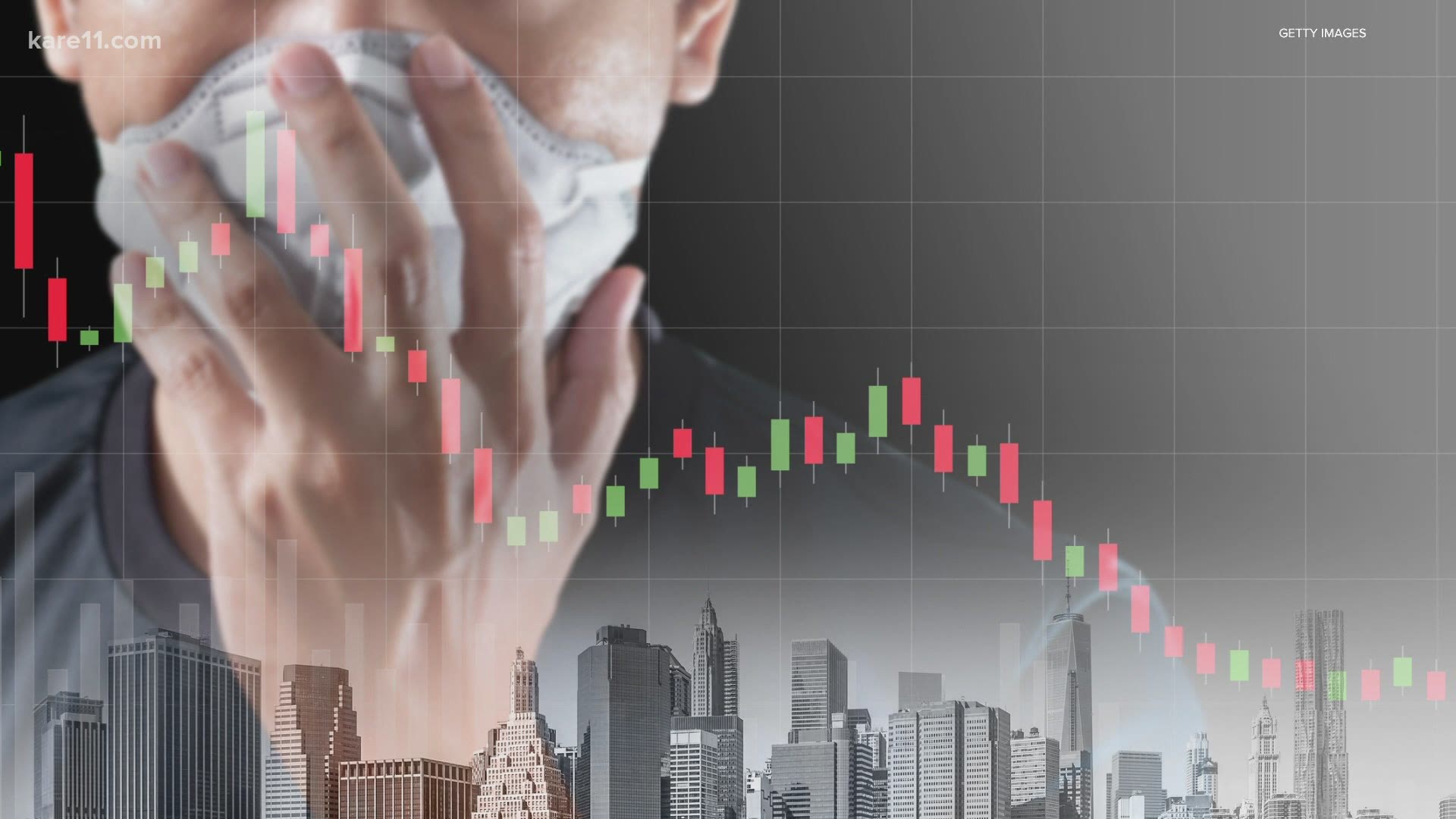After falling sharply at the beginning of the coronavirus pandemic in March, the stock market is surging in the U.S. once again.
"Despite an economy decimated by the coronavirus, record unemployment and widespread civil unrest, the S&P 500 has erased its losses this year," said Nick Foulks, Director of Advising at Great Waters Financial.
Foulks says there are a number of things fueling this resurgence.
"Many states have also begun to slowly ease lockdown restrictions and reopen the economy, which has raised investors’ confidence," Foulks said. "The government has stimulated the economy by sending checks to millions of Americans, and the prospect of more stimulus money has also allowed the market to continue on its upward trajectory. The much-anticipated May jobs report stunned many, as the U.S. saw its biggest monthly job increase ever."
Foulks said in addition to the S&P 500, the Dow Jones and NASDAQ also closed the month of May on a positive note for investors.
"Some credit the stock market rebound to many states reopening their economy and potential COVID-19 treatments on the horizon," Foulks said.
However, Foulks cautions another wave of COVID-19 infections could stop the rally.
"If there are more waves of infections as the country begins to reopen the economy, it could lead the government to enforce new lockdown restrictions, which could extend our current recession," Foulks said.
Investors are also closely watching the presidential election in November, and trade relations between the U.S. and China.
Even with the rollercoaster on Wall Street, Foulks says you shouldn't stop investing.
"It can be easy to let your emotions take over during the highs and lows of the stock market, but it’s important that you continue contributing to your retirement accounts," Foulks said. "Consistently investing, no matter how the market performs, can curb any emotional desire to sell low and buy back later at a higher price."
Foulks said those who are able might even consider increasing 401(k) contributions.
"If you really can’t stomach the turbulence on Wall Street, your risk tolerance may have changed. You’ll want to speak with your financial professional about adjusting your plan to include more risk-appropriate investment options," Foulks said.

